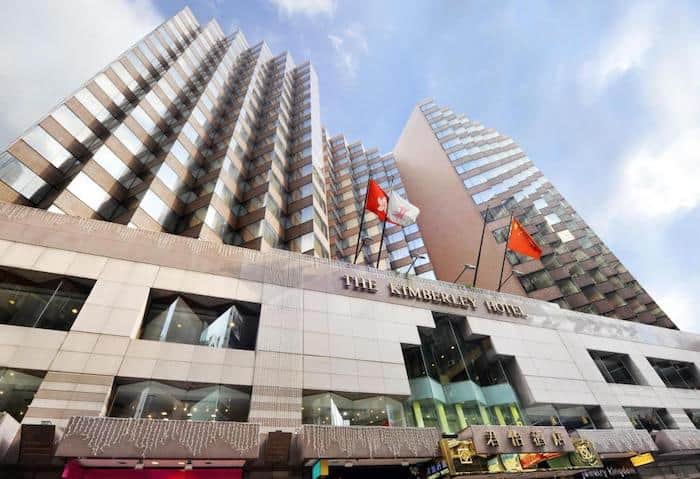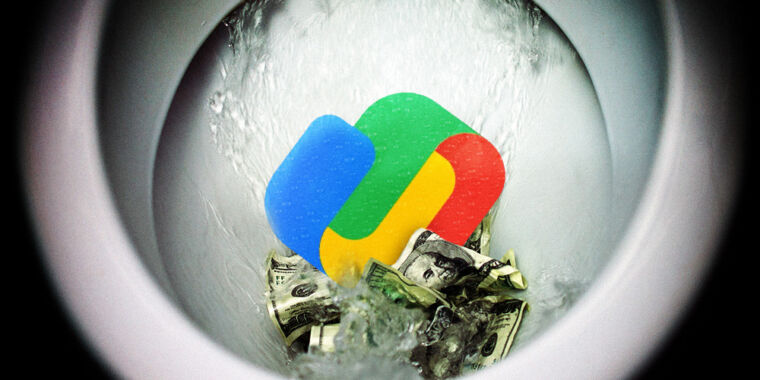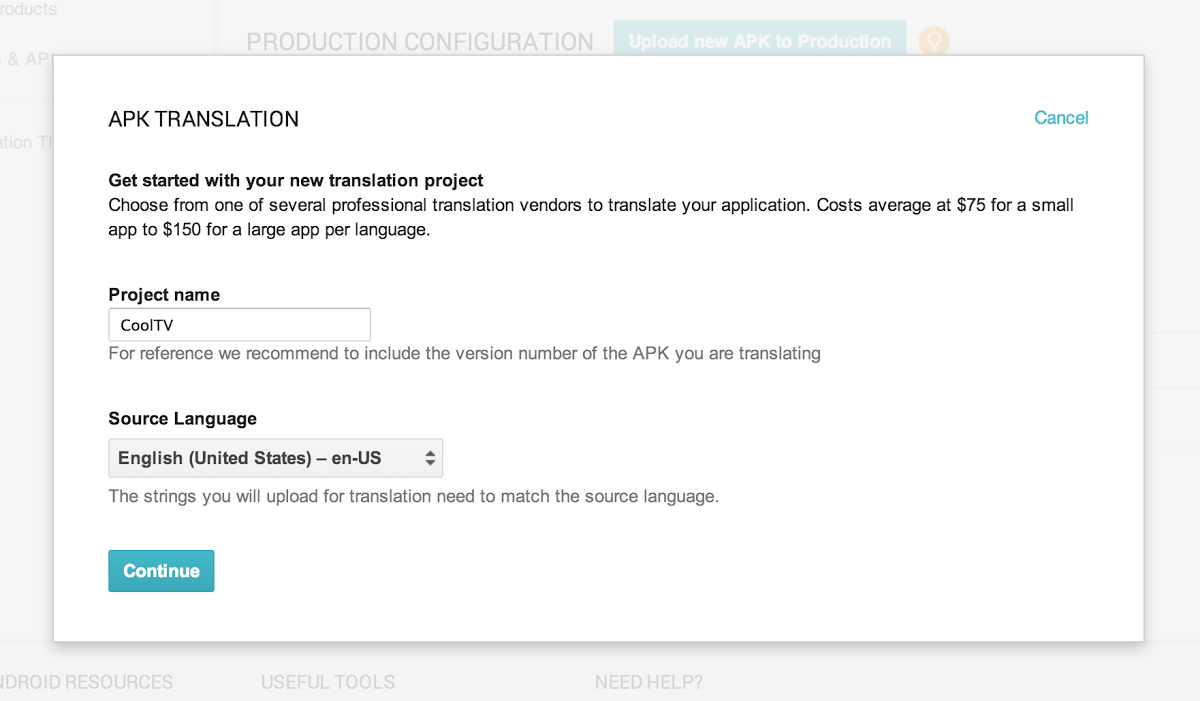
China Tourism Group’s acquisition of The Kimberley was Hong Kong’s biggest hotel deal of 2023
Hong Kong hotels achieved an average room occupancy rate of 93.4 percent during February’s eight-day Chinese New Year holiday, just 0.4 points below the rate recorded during the same period in 2019 before the COVID-19 pandemic, according to CBRE.
The average room rate stood at HK$1,715 ($219.15), up 6 percent compared with levels during the 2019 holiday period, CBRE said in its APAC Hotels & Hospitality Market Update for the Asian financial hub, citing data from the Hong Kong Hotels Association.
“The upturn in hotel performance has been driven by the return of global travellers, particularly mainland Chinese tourists, who account for over 79 percent of all inbound arrivals over the past 12 months,” the property services firm said.
Despite a “considerable margin” still existing between historical and current overnight visitor numbers, CBRE voiced confidence in further operational growth in Hong Kong this year, driven by a recovery in occupancy of well-managed assets.
Rooms a Relative Bargain
Hong Kong’s revenue per available room remains slightly below 2019 levels, according to the CBRE report. Still, RevPAR soared 62 percent year-on-year in the first two months of 2024 — reflecting the year-earlier border reopening and outstripping every competing market in Asia Pacific, where no other city reached 30 percent growth.

Steve Carroll, head of hotels and hospitality for Asia Pacific at CBRE
The surge in RevPAR was boosted by a period of strong occupancy, with rates in Hong Kong surpassing 80 percent in each month since November 2023.
“Whilst lagging other Asia Pacific markets in terms of RevPAR recovery, the expectation is that there will be a further recovery in occupancy in 2024, driven by luxury and upscale assets which have yet to see the same price inflation that has been observed in other Asia Pacific markets,” CBRE said.
In terms of average daily rates, Hong Kong’s relative affordability stands out among key APAC markets. From February 2019 to February 2024, ADRs rose a mere 3 percent on a local-currency basis, compared with increases of 24 percent in Singapore and 42 percent in both Tokyo and Seoul.
Conversions Drive Investment
In the capital market, investment for pure hotel assets remains subdued as buyers continue to seek opportunities to convert existing assets into co-living and student housing properties, CBRE said.
Investment volume in Hong Kong’s hotel sector fell 11.7 percent to $947 million last year, with deals led by state-owned China Tourism Group’s January purchase of The Kimberley Hotel in Tsim Sha Tsui from China Cinda Asset Management for HK$3.4 billion ($433 million). China Cinda had acquired the 546-key hotel for HK$4.3 billion in 2019.
Also in January, Wang On Properties teamed with US private equity shop Angelo Gordon to buy the Pentahotel Hong Kong from New World Development for HK$2 billion ($260 million). The 695-key property is Wang On’s first hospitality investment.
In more recent trades, Dash Living joined forces with PGIM Real Estate in January of this year to acquire The Sheung Wan by Ovolo from Trio Capital for HK$330 million ($42 million). The 56-key hotel, which has been managed by Hong Kong-based Dash since March 2021, is US-based PGIM’s third purchase of a Hong Kong hospitality asset, with the firm having acquired two hotels in 2022 and converted them into co-living apartment projects.
“Alongside most other regional markets, hotel investment in Hong Kong SAR was negatively impacted by elevated interest rates in 2023,” CBRE said. The all-in debt cost for stabilised commercial real estate assets stood at an estimated 6.18 percent in March 2024, according to the agency.
Note: This article have been indexed to our site. We do not claim legitimacy, ownership or copyright of any of the content above. To see the article at original source Click Here













